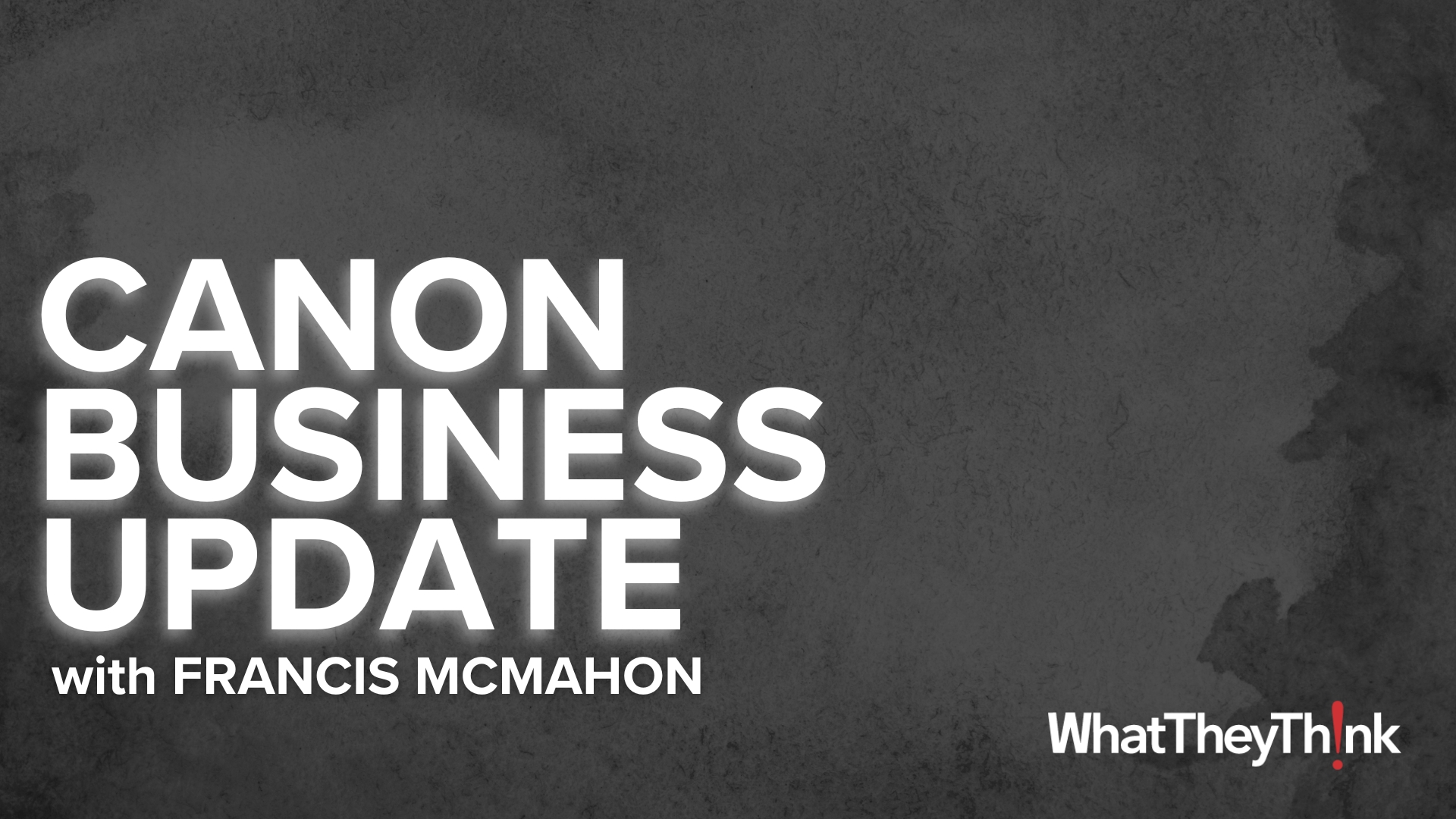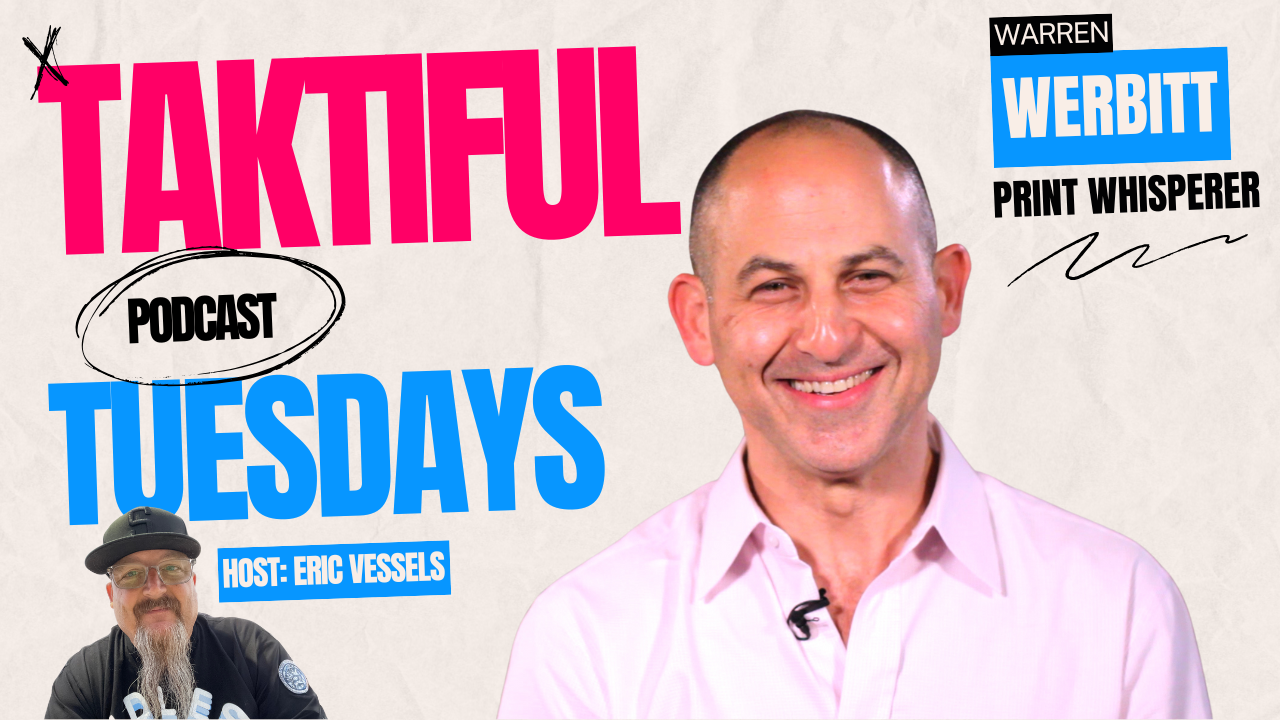Is it my imagination or are some the top CMOs working for the manufacturers dropping like flies? First it was Francis McMahon who left HP and now we see that Jeff Hazlett has left Kodak. To be precise, while Jeff was CMO at Kodak, Francis was the director of marketing for HP's U. S. Graphic Arts Business. But seeing these changes in the marketing leadership of these two powerhouse manufacturers reminds me of an article I read in Advertising Age a few years ago that said the CMO was the “most difficult job in America.” Specifically it reported the results of a survey showing that the average tenure of a CMO at the top 100 branded firms has consistently declined. "The 23.6 we saw in year one [of the study], we thought was going to be a fluke," explained Spencer Stuart's CMO practice leader Greg Welch. "This year, we were a bit surprised to see it take a dip." CMO tenure has gone from 23.6 months in 2004, to 23.5 months in 2005, to 23.2 months in 2006. Considering that the average tenure of a CEO is 7.9 years, the CIO is 3 years, and even the CFO—what Forbes Magazine has labeled "the worst job in America" because the position bears the brunt of shareholder and Wall Street frustrations—is higher at 30 months, 23.2 months stands out as an especially short period of time. Of course the article makes you wonder why few CMOs don’t make it to their two year anniversary. The article in Ad Age said it was the changing media landscape and poor access to CEOs that are the leading causes of job insecurity. Business Week's marketing editor David Kiley went even further writing in his blog "Brand New Day," "part of the problem with the CMO position is that some companies have created the title out of a sense of fashion. Creating the title all by itself communicates to the world – goes the theory – that you are a company serious about marketing. Talk and titles are cheap, though. Until the CMO job is viewed as a legitimate road to the CEO's office, it will be a “step-child position," and one with a revolving door. However, I think that another reason is because there are all these new options and it’s tough to get a good handle of the viability and effectiveness of tools like: social media marketing, search engine optimization, viral internet videos, email marketing, SMS codes, QR codes and who knows what will be released next week. Why do you think the CMOs are dropping like flies? Howard Fenton is a Senior Consultant at NAPL. Howie advises commercial printers, in-plants, and manufacturers on workflow management, operations, digital services, and customer research.
Commentary & Analysis
Why are CMOs Dropping Like Flies?
Is it my imagination or are some the top CMOs working for the manufacturers dropping like flies?
About Howie Fenton
Howie Fenton is InfoTrends' Associate Director of Operational Consulting. For over 25 years, he has focused on benchmarking operational and financial performance in in-plants and commercial printers. He can be reached via e-mail at [email protected].
© 2025 WhatTheyThink. All Rights Reserved.














Discussion
By John Zarwan on May 18, 2010
They're not dropping like flies, Howie. Two changes. Hayzlett's tenure at Kodak was more than 4 years, certainly above average. McMahon did not have a CMO job, which is a corporate role, with substantially different responsibilities than a divisional marketing head. I haven't spoken with either of them since their official announcements, but I believe the rationale for each decision was quite different.
By vytas barsauskas on May 18, 2010
Howard, we met years ago at Anitec. I have been a marketing manager in the past and to your point a CMO is a creation of a management brand position. This is in an industry that is trying to be successful with aggressive hype and personell position branding rather than common sense strategy and tactics. How can you be a high profile and successful one day and a gone in a few months; both cannot be accurate representations of performance. Been there, done that, worked with CMOs. In a fast changing industry, a CMO always will lose the personal branding battle as often as senior mangement changes direction with shareholder and Wall street expectations. That changes all the time with every new startegic repositioning of a competitor or introduction of a new product. Everybody is too concerned about looking right rather than just doing the job. CEO included. Whatever happened to just good marketing but this will not change as the audience loves to see this ebb and flow.... Did or did not these CMOs derlver against the deliverables of their CEOs and did the CEOs create an environment where those deliverables could be attained...
By Chuck on May 18, 2010
Well, I think it is really a lot simpler than what you describe, and not about "new tools". In the case of the two people you mention (and as you say, one was not CMO), they are really great people who have limitless opportunities and it was their personal decision to do something new. Jeff was at Kodak for a lot longer than 23 months, and did some really amazing things. His new book is exciting and fun (every printer should read it), and is only the beginning of what we can expect from him in his "post Kodak" era. In other cases (perhaps most), CMOs leave (get fired) because they suck and don't generate results.
By Adam Edelman on May 18, 2010
Marketing is so multi-faceted and changing at such a fast rate, that it's common for CMOs to get caught up in the latest fad. Too often, CMOs and their underlying staff can be rather insular and fail to deliver the message, content and call to action that needs to be communicated. The common phrase from field sales professionals is often, "what are they thinking?". If marketing professionals would get out into the field and listen to the clients more often, I believe the CMOs tenure might improve. Just a thought...
By Howie Fenton on May 18, 2010
Great comment and thanks Chuck. And I agree I think that both Jeff and Francis did outstanding work. I look at the success of the Kodak marketing campaign with desktop inkjets and think of Jeff and the huge success of DSCOP and think mostly of Francis. But I am the only person who has heard that it is much tougher to gauge the effectiveness of marketing programs because of all the new tools?
By LaToya on May 19, 2010
If sales and marketing are not aligned (as is the case in many organizations) the easiest answer when things go wrong is to let go the CMO. Not the head manager responsible for R&D who may have brought a product to market that does not work or is two years behind market demand. Another easy fix, let go the CMO when presidents make strategic decisions that effectively bleeds the company of revenue and hurts customer satisfaction.... No these guys get to keep their jobs.... Alternatively, when companies starting looking at marketing as a investment rather than an expense, turnover rates change. Evidence of this s true in the case of large consumer organizations like Mc Donalds, which happens to outspend pretty much every company marketing dollars wise. Interestingly enough their most recent CMO is indeed leaving the company after 5 years in that role, but she is doing so because she got a promotion, and will be moving into the head role at US Cellular.